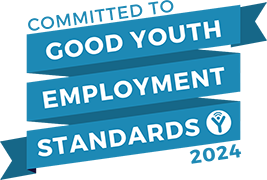- Show senior leaders this article. Highlight the the fact that Major Hazard Leadership needs to be clearly defined, written into every Directors job description and that Process Safety Management representation is needed at Board level.
- Present process safety risks as business risks rather than relying solely on complex technical arguments when speaking to senior leaders. For example, don’t talk about the intricacies of the required safety integrity levels, instead outline the potential consequences of installing the wrong equipment.
- Keep process safety on the agenda at regular meetings and offer to present process safety updates to senior management meetings. Avoid jargon!
- Process safety management and business success in major hazard enterprises can’t be separated. Help senior executives to understand the basics of process safety management and take business decisions in the light of their potential impact on safety.
- Ensure that senior leaders understand that process safety risk management needs a systematic methodology based on several layers of protection, and that a one-size-fits-all approach in determining these protective barriers is not adequate. They need to be tailored to the risk profile of the activities being undertaken and cover people, plant and processes.
- In simple terms describe the risk profile for your part of the business and highlight the most critical control measures – yes, they are all important but some more than others.
- Explain that despite having expertise and diligence in risk assessment and design of protective measures, nothing is ever perfect, and flaws will appear, systems deteriorate, often without any immediate adverse impact but this erosion of the protective measures often goes unnoticed or checked and may, in fact, be tolerated.
- Make the case for focused process safety performance information being provided to the management team.
- Provide real and focused evidence and data that highlights where systems have deteriorated in a format that can be readily understood by senior managers – and include the potential consequences, backed up by previous real-life incidents, where possible.
- Tell your most senior manager(s) about the availability of the course Process Safety Leadership for Senior Executives. This course can help update leaders about PSM, and adopting the training standards can help lead to a ‘reduction in scope or depth of a regulator inspection’.
“10 Top Tips for Process Safety Management Success” has been developed with support of Richard Roff, Chair, Process Safety Management Competence Programme Board.






